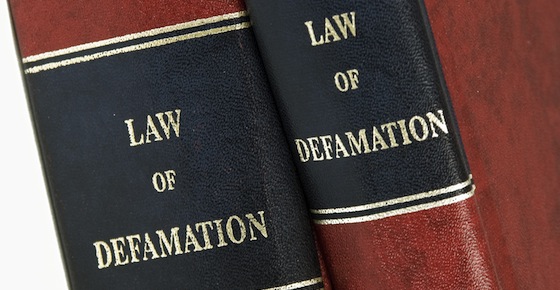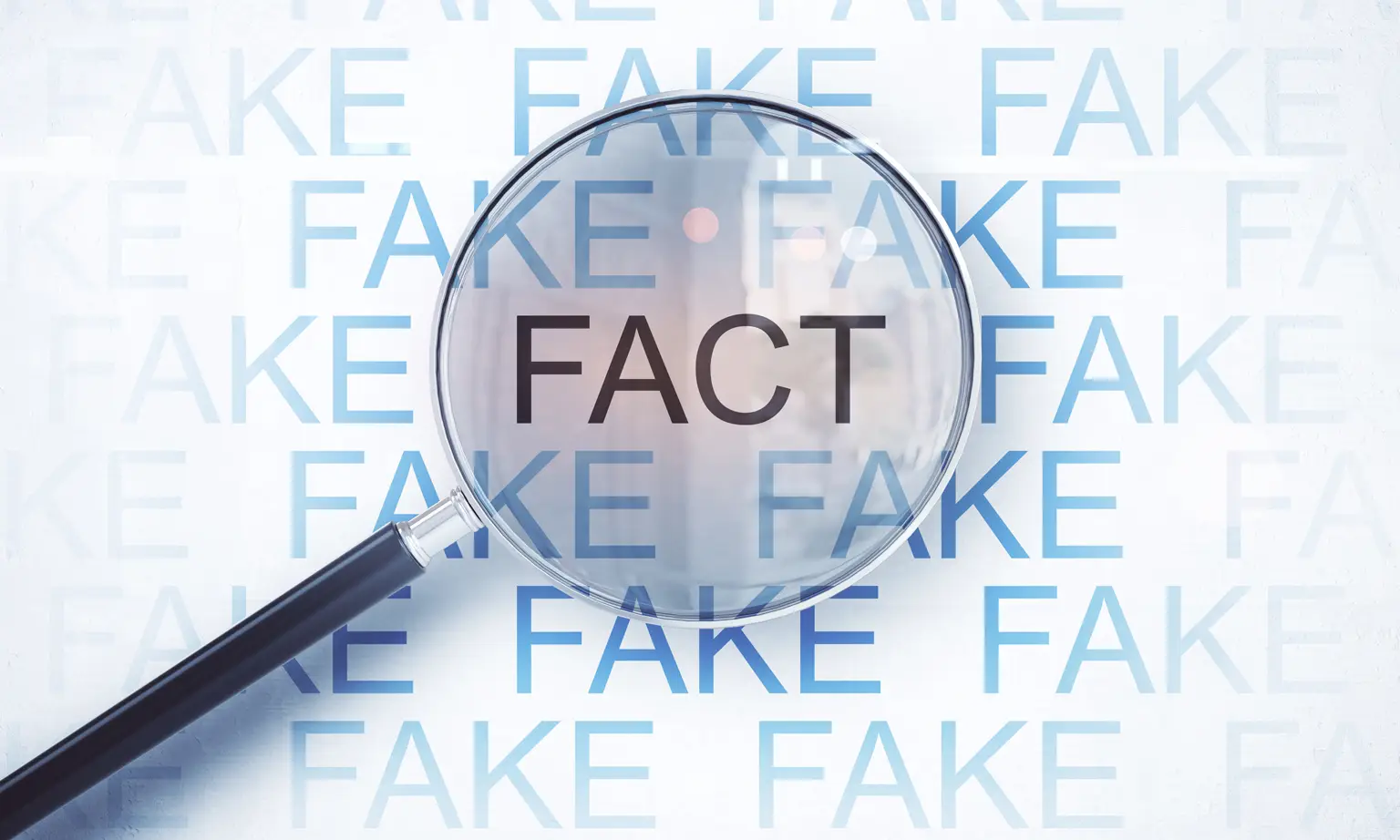
The usual answer is “yes,” granted that the review only contains simple opinions. Saying things like “I didn’t care for the attitude of the manager” or “I didn’t like the taste of the sandwich” keeps one in the clear, and the reviewer is not considered liable. Presenting information as factual when there is no clear evidence to suggest so (i.e. “Don’t hire these people because you’ll regret it for the rest of your life”) steps into the category of defamation, and places the author at risk of spending time in court.

Recently, a Virginia woman who had given a contracting company she’d hired to work on her home a 1-star review on “Yelp” was dealt a heavy blow when she was handed a $750,000 lawsuit from the company’s owner, who felt that her review had severely wounded his reputation. The woman stated that the company had damaged her home, charged her for incomplete work and even stolen her jewelry, information that the owner contested. He later made the claim that her review had cost him thousands of dollars in lost business and had caused him severe emotional stress. With no evidence to support the stolen jewelry claims, the woman had simply felt an obligation to point the finger, and retribution was now being sought.

In a surprising twist, both parties were found guilty of defamation (the woman in her review, the owner in his online responses) and no damages were awarded. This was an unusual outcome in the sense that the legal battle bore no distinct winner, but these kinds of suits are becoming more popular as time goes by, and reviewers are now more wary of what they say. A recent study conducted through Harvard reveals that a positive review on a site like “Yelp” can raise a business’s revenue and return customer ratio by only 5-9%, whereas a negative review can actually cause an insurmountable drop in revenue, as much as 70%. In this case, the bad overpowers the good. Many companies seem to be catching wind of this, and are taking actions to defend themselves. We are transitioning into an era where “the customer is not always right.”

Sometimes one’s experiences can be so awful that they feel a need to go “whole hog” in expressing their disappointment. They’re on a mission to warn as many as they can, and tell everyone seeking to do business with the company in question that they’re venturing into dangerous waters. It can be said that companies have a duty to read the reviews they get with a keen and thoughtful eye, and must be ready and willing to make changes when necessary for the sake of bettering their business. However, when an angry customer’s battle ultimately becomes personal, their actions can have damaging consequences that an established business may not deserve. Is it then warranted to fight back by any means? In other words, if customers attack with swords, can companies retaliate with cannons?
 It’s difficult to say for certain who is correct, but the bottom line is that where customers once believed they had an advantage, they will find that businesses are not entirely unarmed. Reviews can be crucial to the future of a company, but whoever chooses to write in detail about a negative experience, they’d better be mindful of what they write or they may find themselves appearing before a judge.
It’s difficult to say for certain who is correct, but the bottom line is that where customers once believed they had an advantage, they will find that businesses are not entirely unarmed. Reviews can be crucial to the future of a company, but whoever chooses to write in detail about a negative experience, they’d better be mindful of what they write or they may find themselves appearing before a judge.
For more on this topic, take a look at Forbes’ latest article, “Can You Be Sued if You Give a Bad Review on Yelp?”








